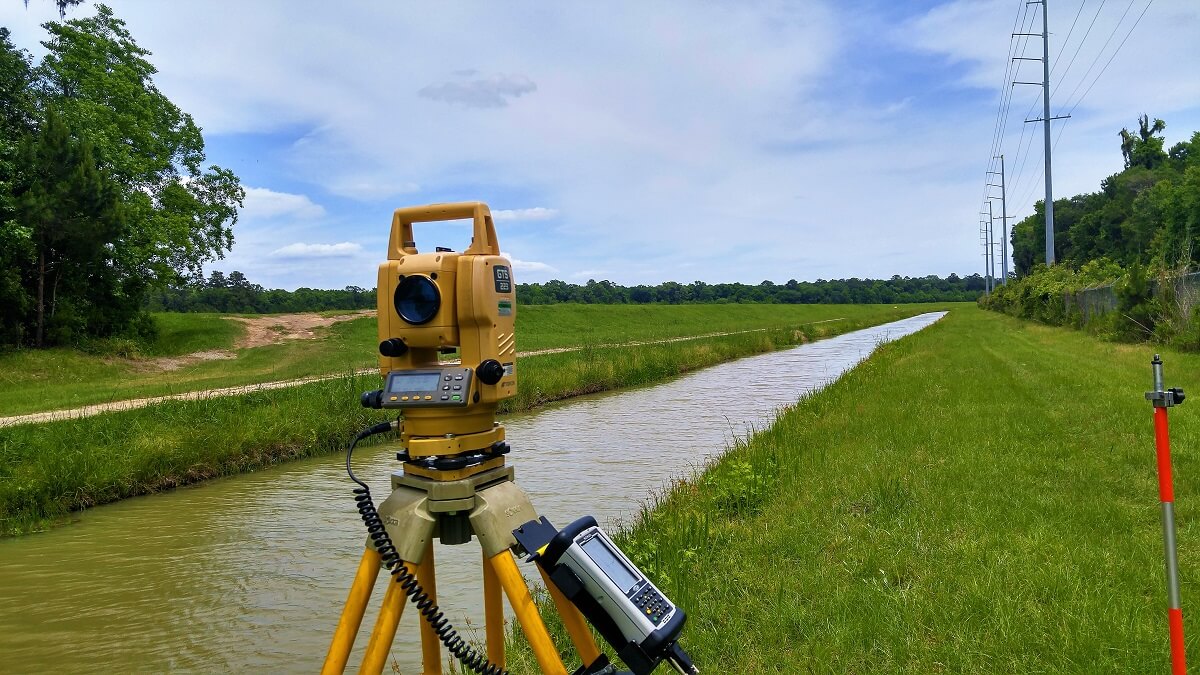It is very important that the purpose of the survey is communicated to the Professional Surveyor. He can usually recommend the type of survey required and the amount of detail that will need to be shown on the plan or plat. The following list does not include all types of surveys, but briefly defines the most common surveys.
Boundary Survey:
A boundary survey of a tract of land with appropriate markers set, as required by State law, if missing, to perpetuate the lines and corners of subject property.
Closing or Loan Survey:
A property survey of a lot or parcel of land with corners located or set, showing location of structures, easements or rights-of-way, and encroachments or projections (if found). This type of survey is highly recommended before the closing.
Topographical Survey:
A survey locating all topographical features, natural and man made, such as buildings, roads, fences, creeks, rivers, marshes, elevations, contours of the property, etc.
Site Planning Survey:
This survey uses a boundary and topographic survey as a base to design future improvements. It can be used for a design of a house, a residential subdivision, a store, a shopping center, a new street or highway, a playground or other improvements.
ALTA/NSPS Survey:
This survey is a very detailed survey usually of commercial property and often required by lending institutions. The request for this survey must be in writing and be accompanied by all deeds, plats and easements affecting the subject property, as well as all adjoining properties. A list of items to be located as noted in Table A in the ALTA/NSPS publication.
The surveyor can re-survey your land only according to the deed and other information available to him. He cannot guarantee the legal title to the land. However, the accuracy by which he accomplishes his service is backed by his professional integrity.
The surveyor renders a highly technical and complex service. He is a member of a professional team comprised of Surveyor, Title Attorney, Engineer and/or Architect, all of whom must rely heavily on the surveyor’s integrity and the accuracy of his work.
The surveyor, and no one else, assumes responsibility for the correctness and accuracy of the surveyor’s work.
In case of litigation, the surveyor will appear in court as an expert witness and his testimony is accepted by the court as professional evidence.

